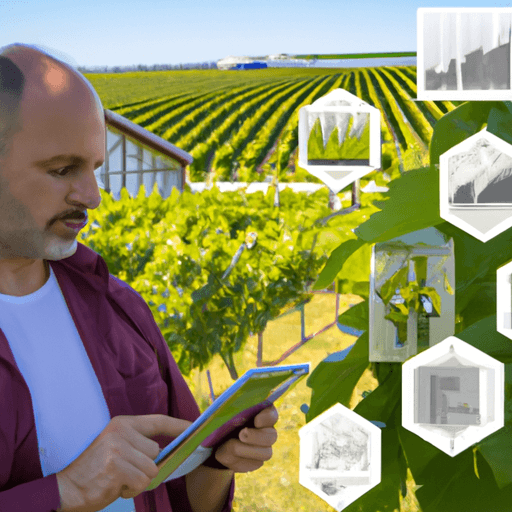The Intricate Relationship Between Digital Technology and Sustainable Agriculture
As a seasoned writer with extensive experiences in technology and agriculture community, I bring to light the compelling connection and dynamism that exists between digital technology and sustainable agricultural practices.
The Impact of Digital Technology on Agriculture
The rise of digital technology has heralded significant advancements in various industries globally, with agriculture being no exception. From general productivity enhancements to more precise resource management, digital technology has injected a series of paradigm shifts into agriculture, creating more sustainable and efficient practices.
Digital Tools and Strategies Incorporated in Agriculture
Various digital tools, including but not limited to precision farming, Internet of Things (IoT), Geographic Information Systems (GIS), drone technology, and artificial intelligence (AI), have been efficiently incorporated into different stages of agriculture practice, such as crop monitoring, weather predictions, and automation of irrigation systems.
Precision farming, for instance, increases sustainability by optimizing the application of inputs—seeds, fertilizers, and water—thereby reducing environmental pollutants and increasing yield. The IoT, on the other hand, allows real-time monitoring and data collection leading to improved decision-making and enhanced productivity.
Despite these numerous benefits, challenges persist. High implementation costs, data privacy issues, and lack of adequate knowledge about these technologies remain significant barriers to their broader adoption. Also, poor infrastructural support in remote farming communities poses considerable drawbacks that may hinder this technological revolution.
Real-time Data, Automation and Waste Minimization
Digital technology not only aids in real-time data collection and automation of agricultural activities but also significantly reduces waste while enhancing resource management. Sensor technologies facilitate precise application of water and nutrients, resulting in optimal resource use and minimal wastage. Automation further strengthens these practices by enabling the execution of specific processes—irrigation, fertilizing, harvesting—without direct human intervention.
Future Trends and Developments
Looking forward, it is clear that digital technology will continue playing a crucial role in supporting sustainable agriculture. Initiatives aimed at reducing greenhouse gas emissions will propel the adoption of various digital tools in farming operations. Cloud farming, blockchain-based traceability systems, and smart greenhouses are just a glimpse of what the future holds.
With correct policies and infrastructural support, digital technology promises to grapple with our global challenges, ensuring food security while maintaining the balance of our fragile ecosystem.
Hence, the relationship between digital technology and sustainable agriculture is one of symbiosis, where both entities mutually benefit, creating an avenue for a more sustainable and resilient future.

















Comments
Leave a Comment